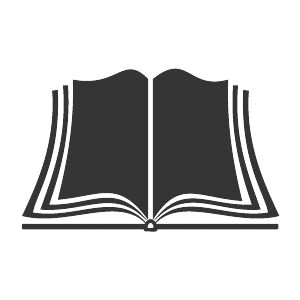“Creativity is a type of learning process where the teacher and pupil are located in the same individual.”–Arthur Koestler, author
The tricky passage that finally rings true, the ‘aha’ moment, the transcendent performance – all are creative achievements that result from learning.
In effect, the more adept we become at learning, the more facile we’re likely to be with the creative process.
And for us musicians, only deep learning enables us to perform securely and artistically under pressure.
From Musiciansway.com
I’ve observed that music students generally divide into two types of learners: deep or shallow.
Here are some distinctions between those two types.
I’ve observed that music students generally divide into two types of learners: deep or shallow.
Here are some distinctions between those two types.
“The more adept we become at learning, the more facile we’re likely to be with the creative process.”
Deep vs Shallow Learners
Deep Learners
• Set specific practice goals and then work in organized yet flexible ways
• Isolate problem spots in practice – they vocalize rhythms, play hands alone, recite song text, etc.
• Maintain awareness as they play or sing, directing their actions from within
• Infuse their practice with joy and spontaneity
• Manage repetition so that they absorb passages without needing to repeat them ad nauseum
• Listen intently in practice and evaluate their work with open minds
• Embody excellence
• Perform securely and enthusiastically
• Isolate problem spots in practice – they vocalize rhythms, play hands alone, recite song text, etc.
• Maintain awareness as they play or sing, directing their actions from within
• Infuse their practice with joy and spontaneity
• Manage repetition so that they absorb passages without needing to repeat them ad nauseum
• Listen intently in practice and evaluate their work with open minds
• Embody excellence
• Perform securely and enthusiastically
Shallow Learners
• Practice haphazardly without clear objectives or are overly rigid and mechanical
• Play or sing through lengthy sections without attending to specific details
• Often let their attention wander during practice
• View practice as drudgery that must be endured
• Repeat endlessly, hoping that repetition alone will bring security
• Evaluate sporadically, often drifting off pitch and out of rhythm
• Let inaccuracies and difficulties slide by unaddressed
• Deal with persistent performance anxiety and may dread performing
• Play or sing through lengthy sections without attending to specific details
• Often let their attention wander during practice
• View practice as drudgery that must be endured
• Repeat endlessly, hoping that repetition alone will bring security
• Evaluate sporadically, often drifting off pitch and out of rhythm
• Let inaccuracies and difficulties slide by unaddressed
• Deal with persistent performance anxiety and may dread performing
 Fortunately, musicians with shallow learning habits can transform themselves into deep learners by setting clear goals, gaining disciplined practice habits, employing self-motivation strategies, and seeking expert guidance.
Fortunately, musicians with shallow learning habits can transform themselves into deep learners by setting clear goals, gaining disciplined practice habits, employing self-motivation strategies, and seeking expert guidance.

